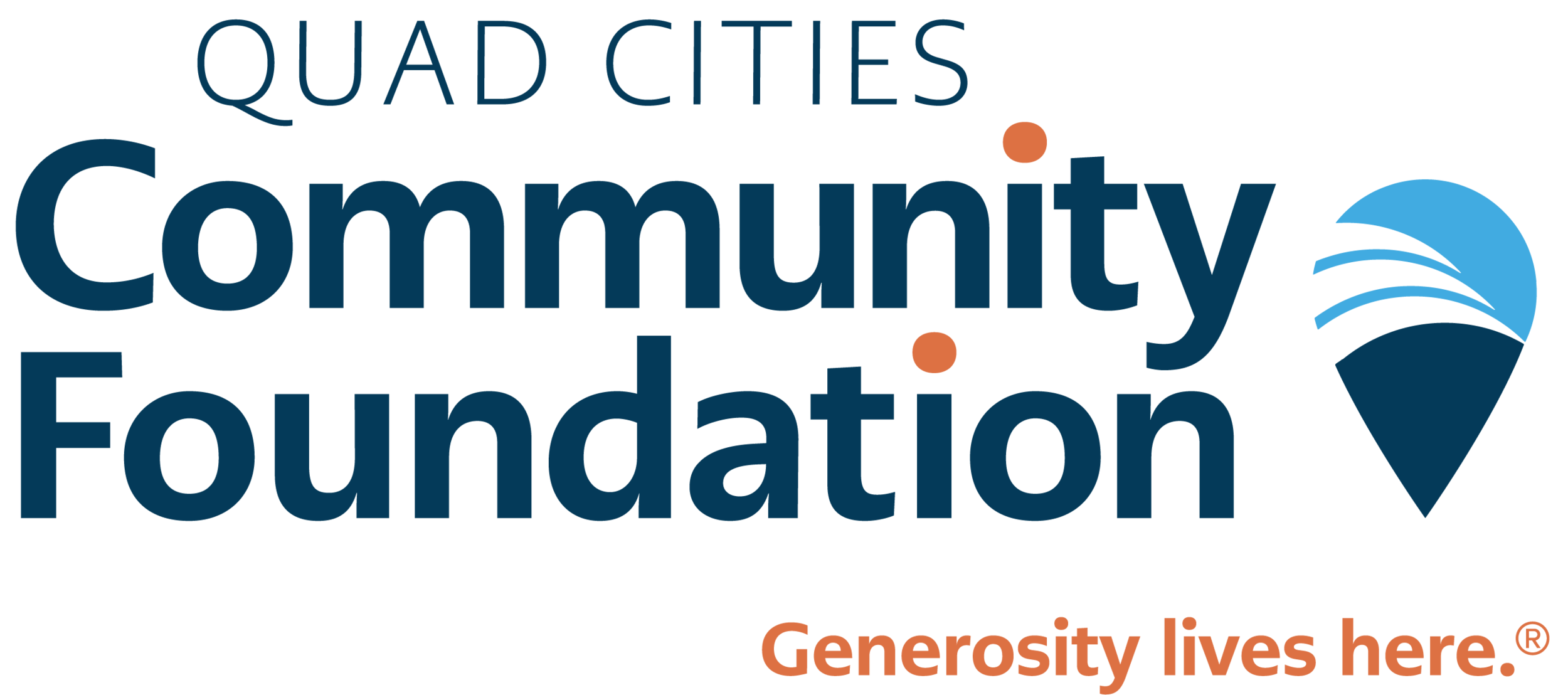Maximizing Your Relationship with the Community Foundation
Nonprofit Status
What are Component Funds?
Component funds are the various funds that comprise the Community Foundation. All funds of the Quad Cities Community Foundation are component funds. Community foundations are allowed to treat all component funds as part of their single organization and are under the Community Foundation’s control.
All core funds established for an Affiliate are component funds:
Endowed community impact
Non-endowed community impact
Endowed operating
Non-endowed operating
Project Fund
County Endowment (if applicable for Iowa Affiliates)
What is Variance Power?
Definition
By United States Treasury Regulation, the governing body of a community foundation must have the power to modify any restriction or condition on the distribution of funds for any specified charitable purpose or to any specified organization if, in the sole judgment of the governing body, such restriction or condition becomes, in effect, unnecessary, incapable of fulfillment, or inconsistent with the charitable needs of the community or area served. The governing body must be able to modify the restriction without obtaining the approval of any participating trustee, custodian, or agent of the community foundation. Any exercise of variance power by a foundation’s governing body carefully considers the original donor’s charitable goals.
Example
Dr. Walter E. Neiswanger’s estate plan included a gift to the Quad Cities Community Foundation. His gift funded the Walter E. Neiswanger Community Fund, a designated endowment fund. Under the terms of the fund agreement, annual distributions were to be made to five organizations including the John Lewis Community Services, a homeless shelter. Dr. Neiswanger passed away in 2007. In 2008, the John Lewis Community Services ceased operations. The Community Foundation Board of Directors exercised power of variance to redirect the distribution to another organization that came as close as possible to the donor’s intent. In this case it was the Humility of Mary Shelter, an organization that had adopted a mission very similar to that of the defunct organization. Dr. Neiswanger’s intent to help homeless people through John Lewis Community Services is being carried out through Humility of Mary Shelter.
Compliance Reporting by the Community Foundation and How it Benefits Affiliates
The Community Foundation takes care of many administrative and financial requirements so you don’t need to worry about them. It is one of the benefits of being a component fund of the Community Foundation.
990s
The Community Foundation annually completes and submits the IRS Form 990 Return of Organization Exempt from Income Tax. Although the Community Foundation is a tax exempt entity, the IRS requires an informational tax return. This return provides the public with financial, as well as, governance and operational information about the Community Foundation. It is also used by the government to prevent abuse of a tax-exempt status. See the last three 990s here.
Audits
The Community Foundation has an annual audit performed by an independent public accountant. The main goal of a financial audit is to obtain an independent opinion that the Community Foundation’s financial statements fairly present the financial condition of the organization. This requires the accountants to work on-site at the Community Foundation office for a week as well as many hours of information sharing prior to and after the on-site work. The accountants review our operations and financial systems. Not only do they perform testing on our financial systems but they also test our internal control practices and our IT systems. See the last three audits here.
Insurance
Like any business or organization, the Community Foundation must maintain proper insurance. We maintain general liability coverage as well as Directors and Officers coverage. We use Molyneaux Insurance and regularly review our insurance needs with them to make sure we are fully covered.
National Standards
Visit Why National Standards Matter to learn more.
